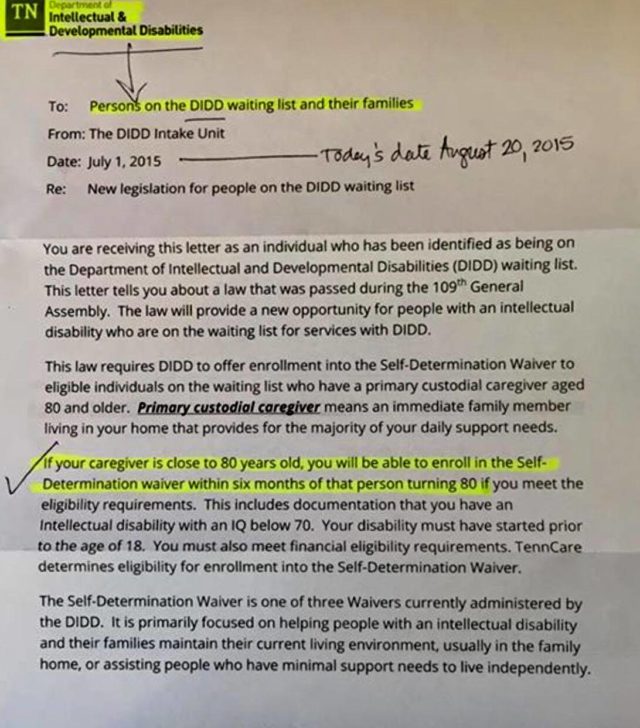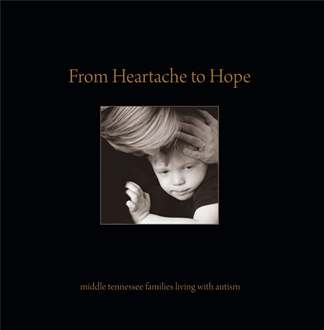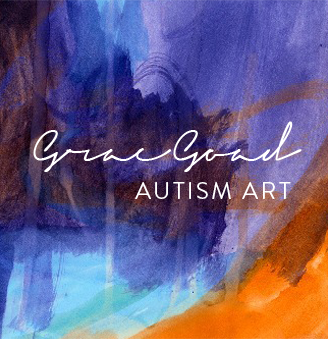
What a stark reminder: how far we have come in developmental disAbility services in our state. The pictured letter popped up in my “On this Day” Facebook feed this morning. It was two years ago that the state informed me that when I was 80, I’d get adult services for my daughter. Flash forward to last summer. Grace was admitted to Tennessee’s new Employment and Community First CHOICES (ECF) program. (And I didn’t have to wait until I was 80.) Since she had been on a waiting list for state services for 13 previous years, and the reality was letters like this one pictured, I didn’t have great hope of things changing. In fact, in 2014, I spent six months looking to relocate to another state. The reality I met in my search is that every state had wait lists and the three states that offered the most hope for immediate help—California, Michigan, and Arizona—meant I would trade proximity and support of family for better services, not to mention the time and monetary expense of starting over not just for Grace but myself, as well. I threw in the towel and stayed.
ECF is far from perfect and I’ve literally spent this last entire year toiling to make it work, as it meant new concepts but working through old systems (Vocational Rehabilitation Services, which I wrote about here, recently, and others). So this letter was a refreshing reminder of when I had no hope of things changing in a state that votes red and has historically neglected the greater population of people with disAbilities.
I *allowed* this situation to infuriate me every summer for about four years from age 16 to 19, when school would break and Grace had less and less services and I knew this day was quickly approaching. In my spiritual journey, by the fourth summer of Grace’s approach to adulthood, I finally connected head to heart—what I knew and then what I experienced on a heart level—that I was the one who chose the path of suffering and misery with these albeit challenging circumstances. I could accept the reality, work to change it, and not let it poison my energy in the meantime. Ah, there was the lesson. Took me a while.
I am grateful for recent federal intervention that said states had to help individuals like our loved ones obtain supported employment, be in community and live independently with supports as needed. Now that last one is yet to be tested but I’m working on a test. And, I’m celebrating our state’s progress.
Tennessee was the first state to step up with a program (ECF) to comply with the new CMS (Centers for Medicare/Medicaid Services). I think being so early in the game was the cause of some of the many bugs we experienced and are experiencing. I used to joke that the program rolled out with a flat tire. But, in retrospect, at least we had something to start with and build upon that first year Grace exited the school system. And, in these political times, programs like these are at risk. And that’s one of the reasons I haven’t written here more. For months I was writing letters, making calls, tweeting, meeting, and garnering support on Facebook as the President’s healthcare plan proposed $700+ billion in cuts to Medicaid. My chief argument to our state’s US senators, Corker and Alexander, who eventually betrayed our disAbility population by voting for the plan (which failed to pass,) was to know that our state had finally done something redemptive and pride-worthy for people with disAbilities. (In the history of Grace’s lifetime, our state made national news for the abuse in our former institutions which housed thousands of individuals with intellectual disAbilities.) Those Medicaid dollars enable individuals like Grace with supported employment. And, employment provides not only a sense of contribution, a prevention of costly potential behaviors via engagement, a betterment to workplaces, but also contribution to the tax payer system. Medicaid helps Grace work, providing a job coach, so she can pay taxes. Win-win, eh?
There’s actually a lot more jaw-dropping backstory to Tennessee’s disAbility funding story. I’ve decided not to go into the details here and now. But, I will add that up until the new ECF program, ONLY individuals with intellectual disAbilities could even be on the wait list to receive services. So, an individual could have a severe physical disAbility and need a great amount of care, but no bother, they were out of luck.
On this day, two years later, things have changed. For the better. We still have a ways to go. So, we must “keep on keeping on.” Exercise our voices. Advocate for ourselves and also always remember to use that voice for others.




